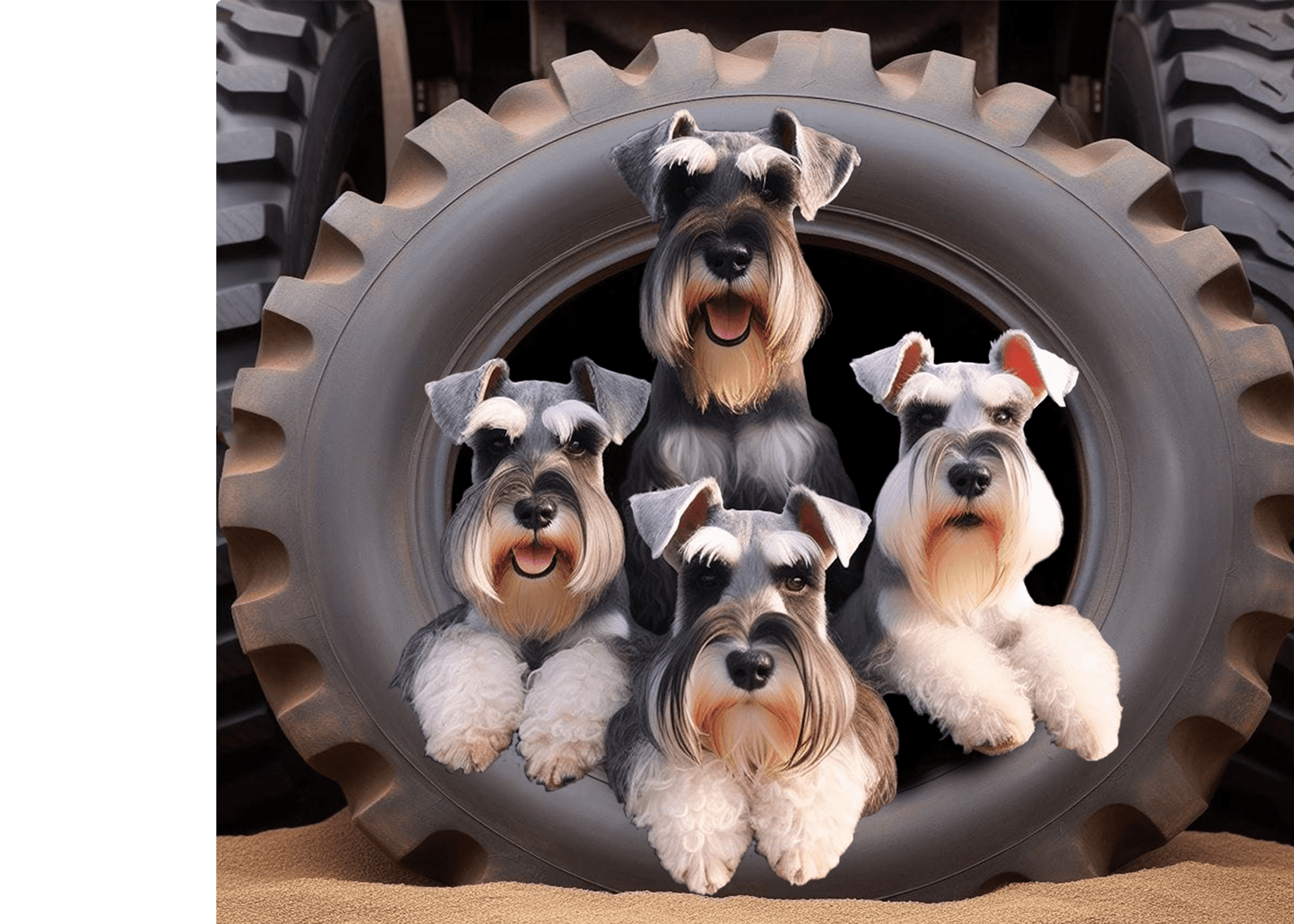Frequently Asked Questions about Rubber Mulch for Plants

Posted on May 20th, 2024.
Gardening enthusiasts and professional landscapers alike are constantly seeking innovative ways to enhance the beauty and health of their outdoor spaces. One material gaining popularity for its myriad benefits is rubber mulch. Derived from recycled rubber, this sustainable and versatile option is transforming the way we approach mulching.
In this blog post, we will address the most frequently asked questions about rubber mulch, debunk common misconceptions, and highlight its advantages for both plants and garden aesthetics. Whether you're a seasoned gardener or just starting out, understanding the ins and outs of rubber mulch will help you make an informed decision for your landscaping needs.
Frequently Asked Questions
What is Rubber Mulch exactly?
Rubber mulch is a type of landscaping material made from recycled rubber, often sourced from old tires. It is an eco-friendly option that provides several benefits for gardening and landscaping. Unlike traditional organic mulches, rubber mulch does not decompose, offering long-lasting performance and aesthetic appeal.
Is rubber mulch bad for the environment?
No, rubber mulch is not bad for the environment. In fact, it is environmentally friendly as it recycles old tires, reducing landfill waste and contributing to sustainable landscaping practices. Its long lifespan also means less frequent replacement, minimizing overall environmental impact.
By choosing rubber mulch, you contribute to sustainable landscaping practices and help reduce the carbon footprint associated with traditional mulching materials.
Is Rubber Mulch Safe?
Yes, rubber mulch is safe for use in gardens and landscapes. It is non-toxic and poses no significant health risks to humans or pets. However, it is essential to purchase high-quality rubber mulch from reputable suppliers to ensure it is free from harmful chemicals.
Does Rubber Mulch Harm Plants?
A common misconception is that rubber mulch can harm plants. In reality, rubber mulch does not decompose or release harmful substances into the soil, making it safe for plants. It creates a barrier that helps in maintaining soil temperature and moisture levels, promoting healthy plant growth.
What are the Benefits of Rubber Mulch for gardens?
Rubber mulch provides several benefits, including:
- Weed Control: It effectively suppresses weed growth, reducing the need for herbicides.
- Moisture Retention: Rubber mulch helps in retaining soil moisture, which is crucial for plant health.
- Durability: It lasts longer than organic mulches, saving time and money on replacement.
Does Rubber Mulch Ignite Easily?
While rubber mulch is less flammable than wood mulch, it is not entirely fireproof. It can smolder and eventually catch fire if exposed to intense heat or open flames. Proper installation and maintenance, such as keeping it away from ignition sources, can mitigate this risk.
Does rubber mulch smell in the heat?
Rubber mulch may emit a slight odor in extreme heat, especially when first installed, but this smell usually dissipates over time and is generally not considered strong or unpleasant.
Does it Impact Soil Health?
Rubber mulch does not decompose, which means it does not contribute organic matter to the soil. However, it does not harm soil health either. Its primary function is to provide a stable and durable ground cover that helps in moisture retention and weed suppression.
Does it Help to Control Pests?
Rubber mulch can help in controlling pests by creating a physical barrier that deters insects. Unlike wood mulch, which can attract termites and other pests, rubber mulch is not a food source for these creatures, making it a safer option for your garden.
Is Rubber Mulch Safe for Playgrounds?
Yes, rubber mulch is an excellent choice for playgrounds due to its cushioning properties. It provides a soft surface that can help reduce the risk of injuries from falls, making it a popular option for schools and parks.
To learn more, read the Ultimate Guide to Certified Rubber Mulch for Playgrounds.
Tips for Choosing the Right Rubber Mulch
- Quality: Ensure the mulch is made from high-quality, non-toxic, recycled rubber. Look for products that have been tested and certified for safety.
- Color: Choose a color that complements your garden or landscape design. Rubber mulch comes in various colors, such as red, brown, black, and green.
- Size: Consider the size of the mulch pieces. Larger pieces are generally better for playgrounds, while smaller pieces may be more suitable for garden beds.
- Thickness: Ensure you apply the mulch at the recommended thickness, typically 2-3 inches, to achieve optimal weed suppression and moisture retention.
- Source: Purchase from reputable suppliers to ensure you receive a product that is free from harmful chemicals and meets safety standards.
- Application Area: Consider the specific area where you will use the mulch. For playgrounds, prioritize safety and cushioning. For gardens, focus on weed control and moisture retention.
- Cost: While rubber mulch can be more expensive initially, its durability and low maintenance can make it a cost-effective choice in the long run.
- Environmental Impact: Choose rubber mulch that contributes to sustainability by recycling old tires, helping to reduce landfill waste.
Reach out for expert guidance
Rubber mulch is a versatile and durable option for both residential and commercial landscaping. It offers numerous benefits, including weed control, moisture retention, and aesthetic appeal. Despite some misconceptions, rubber mulch is safe for plants and provides a long-lasting, eco-friendly solution for your gardening needs.
For more information about rubber mulch and to explore our range of high-quality products, reach out to Four Bearded Dogs Inc. at 224-345-6794 or email us at [email protected]. We are here to help you make the best choice for your landscape.

